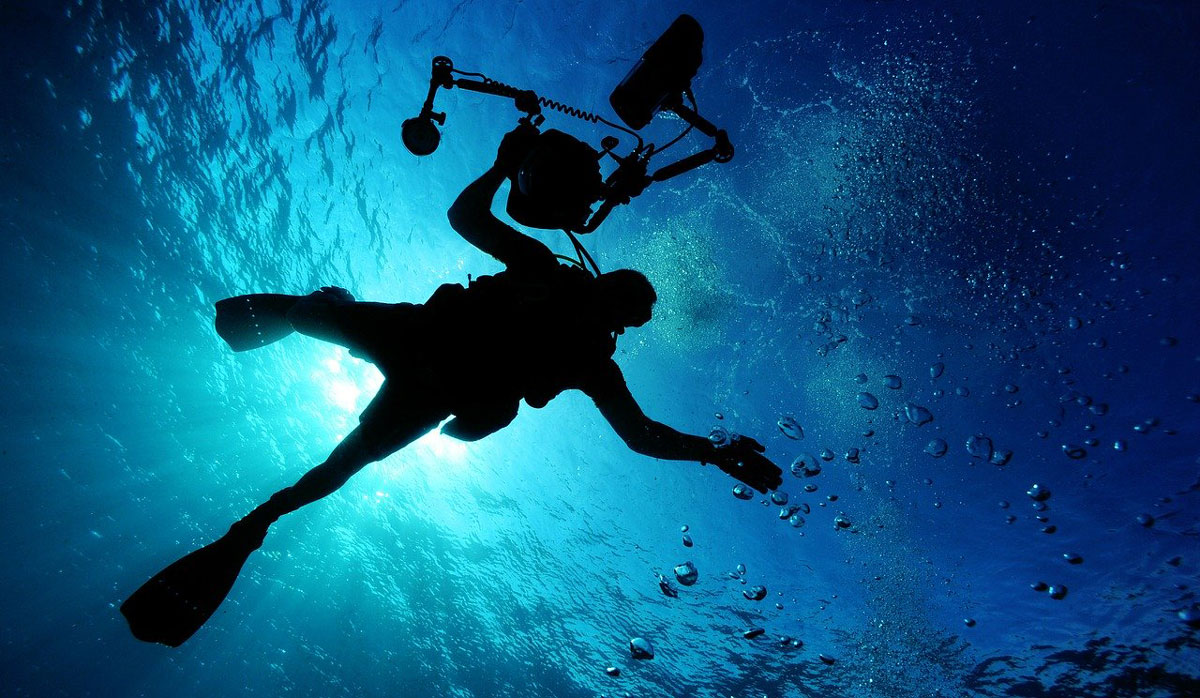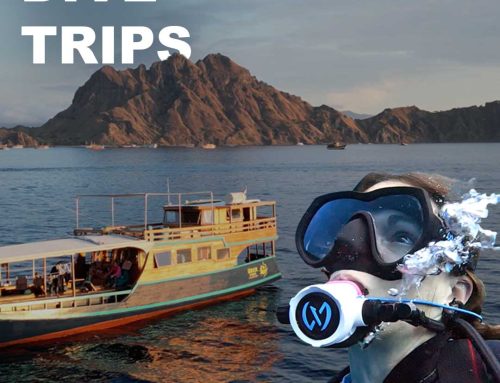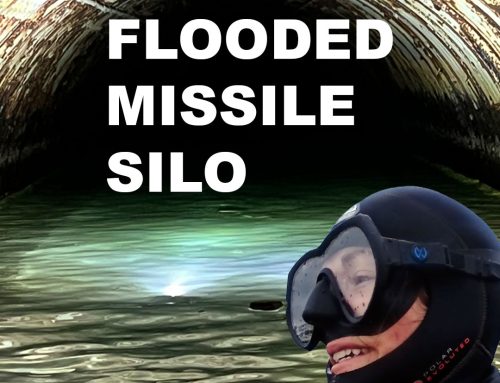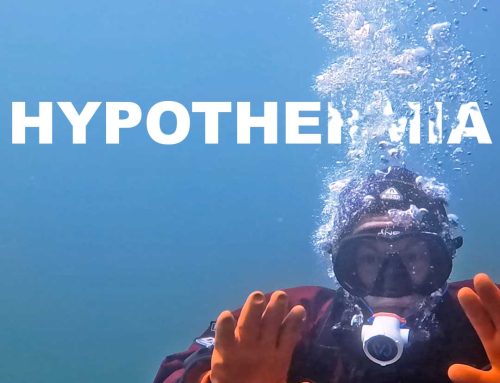Pros & Cons of Solo Diving
I’ve been diving for about 10 years and started solo diving a few years ago. My first solo dives were in the tropics. It was always a treat to go out, just me and my camera, no clients to take care of, and hang out with the fish. Diving is a relatively safe adventure sport as long as your training is good, your dive planning is conservative, and your conditions assessments are prudent. Another pro is that you can go diving whenever your schedule allows instead of having to wait for other people to be available.
However, choosing to go into the water alone adds to the complexity of the sport: increasing the risk of an accident. That being said, there are pros to solo diving. For me, it’s being able to do exactly the dive I want to do. I am constantly filming, and I spend a lot of time screwing around, setting up cameras, and getting the shots I want.
Self-sufficient diver courses
I tell people that if you’re interested in solo diving, take relevant courses. The Rescue Course is a great place to start. The Self-Reliant Diver specialty or sidemount and tech/cave will help you understand more about equipment needs. Then, treat every dive you do with your buddy or dive team as a solo dive. Get into your equipment on your own, do your checks, run through your safety drills, etc. That way, you get practice without the stress or danger of going out on your own.
Equipment and redundancy
To solo dive, you need to be self-sufficient. This means having a separate, backup air supply with its own 1st and 2nd stages. This can look like a pony bottle, or you can dive double tank backmount or sidemount.
You should have a backup floatation device in case your BCD or wing fails. You should have a back up computer or depth gauge and timing device. Cutting tools are necessary if you get caught in a fishing line and need to cut yourself free. Make sure both hands have access to a cutting device. A backup mask is helpful if your primary fails. Add a couple of backup torches to your kit for good measure.
Anxiety
I am, in general, an anxious person. I have been using meditation for many years to manage this, but I’ll still have moments where I feel anxious underwater. When this happens, I focus on my breath, slow it down, and remind myself that I know what I’m doing. Having appropriate diver training and a lot of logged hours underwater help with this. Ultimately, if you don’t feel comfortable about a dive, don’t do it.

What do I worry about most while solo diving?
Boats or a drastic change in conditions. Also, this sounds so dumb, but my imagination is extraordinarily vivid, and sometimes I imagine a Kraken or other giant creature coming out of the deep. Then I take a deep breath and remind myself that I would be too focused on getting it filmed to be scared.
Dive prep for solo diving
I look up weather and tide conditions. I make sure all my gear is in working order. I check out the entry/exit situation, and think through the entire dive. I check in with my mental state. I set my limits for depth/time/air use. I orient myself with my compass. I tell someone my plan and entry/exit times. I set up my gear close to the water, get into my drysuit, and take my time getting into the water. I move slowly and double/triple check my equipment. Then, I descend, knowing that I can cancel at any point if I feel uncomfortable, if my mental state changes, or I have an equipment malfunction.
Dive shops and solo divers (insurance etc)
Shops will have varying rules for this. I would imagine that in a lot of cold-water places, if you show that you have a self-reliant or solo diver certification and have the required equipment, it wouldn’t be an issue for you to dive on your own. Dive shops have insurance, but they also have you sign liability releases so that you understand that you are engaging in an activity with associated risks.
In the tropics, even with all of that, it would be rare that a shop would allow you to dive alone from their boat. There are places where you can shore dive on a house reef at a resort, but it’s not always an option without a Divemaster.








